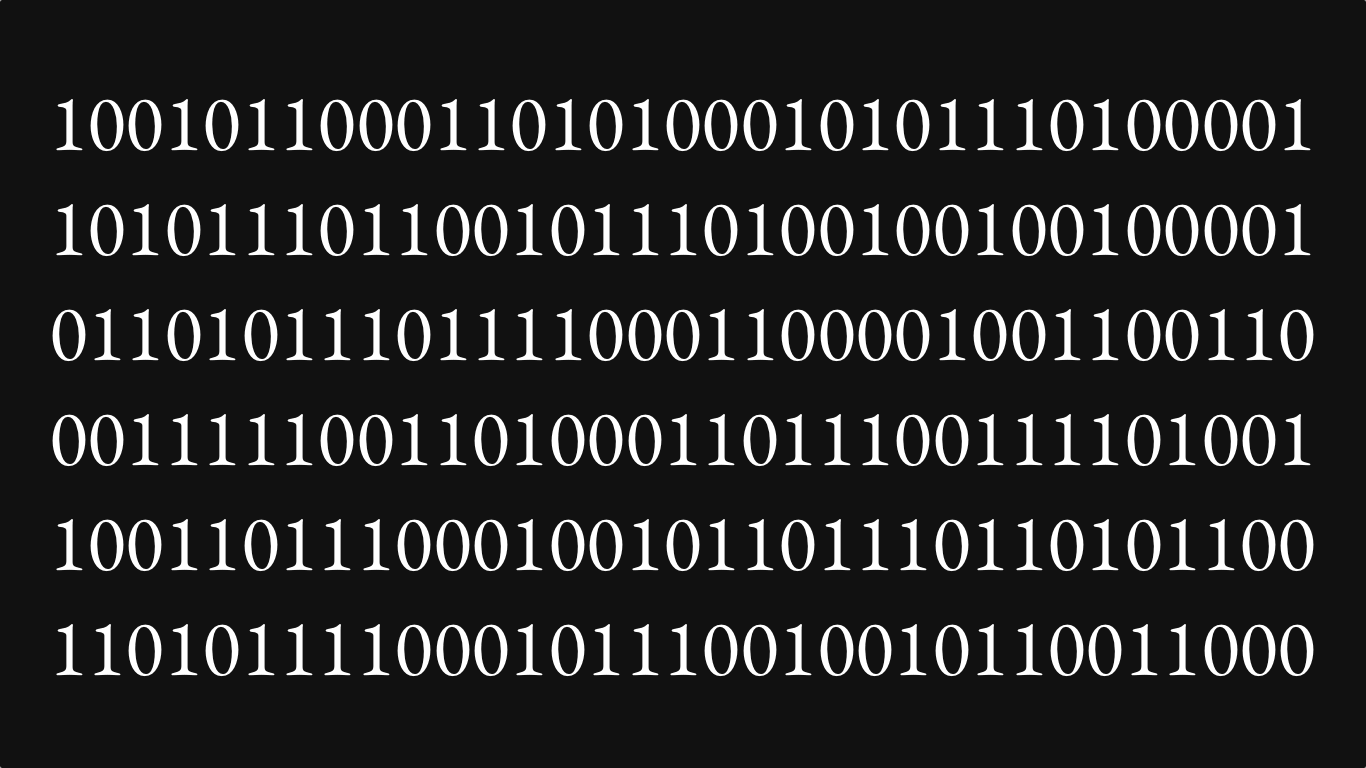Memory limitations: why can’t memorize?
People are often unhappy with their memory. They don’t like that they can’t memorize important information from work or study. They are embarrassed when they forget a person’s name right after they meet them. They want to speak without a piece of paper and remember what they read. They don’t want to cram hard and meaningless

If you are also sinning about your memory, stop. Your memory is fine. What we don’t like is its physiology. I’ve been helping people memorize information for 17 years, and I know all about it. In this post, I’ll talk about the natural limitations of memory: why people are equally bad at memorizing complex information.
It doesn’t matter whether your memory is naturally good or bad. No matter how good your memory is, it has physiological limitations.
First memory limitation
We can’t remember abstract information: numbers, concepts. Anything that cannot be felt.
There are, then, two kinds of memory: one natural, and the other the product of art. The natural memory is that memory which is imbedded in our minds, born simultaneously with thought. The artificial memory is that memory which is strengthened by a kind of training and system of discipline. But just as in everything else the merit of natural excellence often rivals acquired learning, and art, in its turn, reinforces and develops the natural advantages, so does it happen in this instance
written in 86-82 BCE
If someone tells you that he has no complaints about his memory, let him memorize a series of numbers:
768149353640237904923504089220
5743058647422402428304013683525
4308532824533855009432890977893
1379954610078404570324025863682
867423879581192108551892217164833
But let’s say the person is talented. He’s been cramming for a week and he’s learned it. Then give him this series of numbers:
100101100011010100010101110100001
101100101110100100100100001011010
100011000010011001100011111001101
111001111010011001101110001001011011
0110011010111100010111001001011001
On the surface, it looks easier—just two numbers: “0” and “1”. But no matter how much he crammed, he still wouldn’t remember.
Here is the first limitation of memory. It is natural for us because there is no abstract information in nature. Our ancestors had one mammoth, two tigers, and three bananas instead of numbers. Not the numbers “1” or “2” or “3.” And of course, we are not equipped to remember abstractions.
Second memory limitation
We are also not good at memorizing sequences of information.
Below you will see 10 simple words. These are not foreign words, not abstract concepts—the meaning of each word you know exactly. And it doesn’t seem difficult to remember them.
Read the words briskly and aloud, but only once. And try to simulate listening comprehension. Don’t memorize visually where each word is:
ice cream, hammer, hydrant, stopwatch, pepper, ball, soda, rose, bath, pumpkin
Now, without peeking, try to reconstruct these words on paper. It’s okay if you only name seven plus or minus two out of ten words. This is George Miller’s “magical number.”
The Magical Number Seven, Plus or Minus Two. It is often interpreted to argue that the number of objects an average human can hold in short-term memory is 7 ± 2. This has occasionally been referred to as Miller’s law
When one speaks of this phenomenon, one seldom pays attention to the fact that there is no question of a correct sequence here at all. It’s just a matter of remembering that “ball” and “pumpkin.” It doesn’t matter where they were in the row.
But this is the most important thing. What’s the use if you memorized all the numbers in the phone number, but do not memorize their sequence. In studies, work, and everyday life we need exactly in the right order to remember the main ideas, theses of speeches, and the main points of books.
Conclusion
All are equal before the natural limitations of memory: both those who supposedly have a good memory and those who are used to complaining about their memory.
Skip ahead to “How to Memorize Anything in the Right Order”: there I will tell you how people have tried to get around these limitations and teach you how to memorize information in the right order. You will practice with simple words and understand the general principle. And by that principle, you can then memorize the sequence of any information you need: from talking points to the main points of the books.
“If you already have questions—message me on Instagram and I’ll answer you personally”
Share
Tweet
Send
Pin
Submit
Post
Send
Comments:
Your comment will be the first.